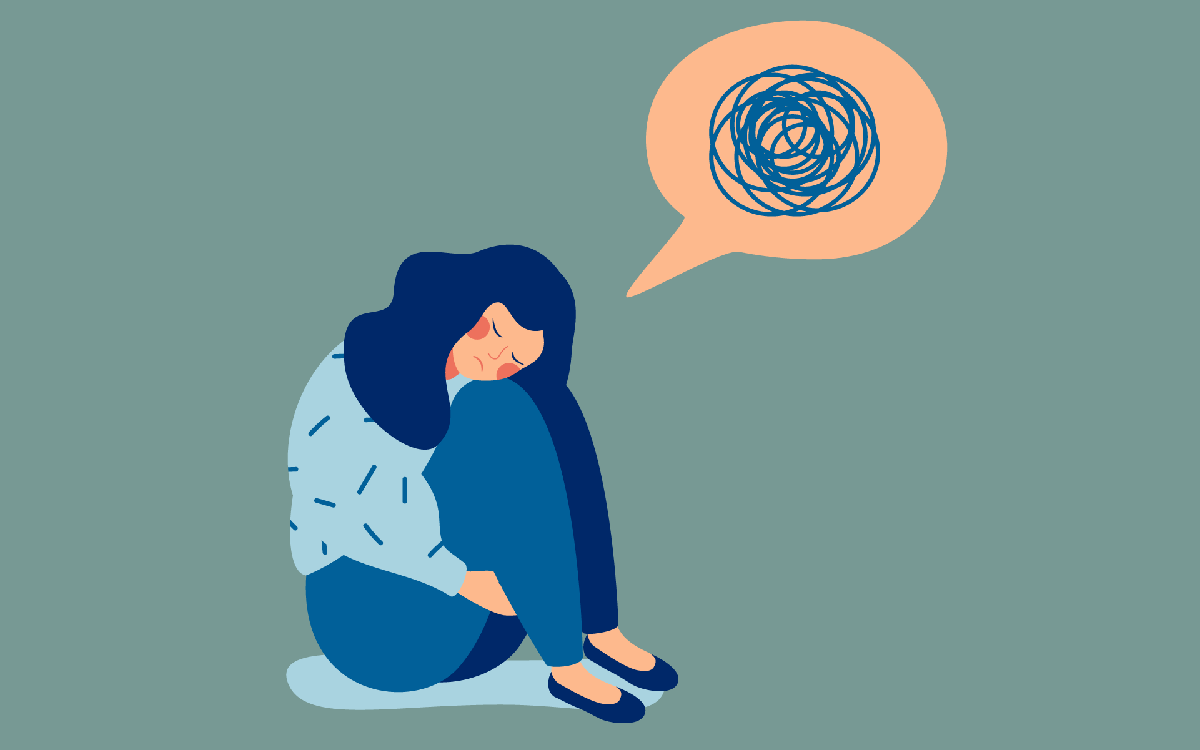Sweaty palms, increased heartbeat, and trembling hands are among the many aspects associated with bashfulness. However, as usual, as they are, social anxiety is the condition of repeatedly living in fear of being judged or getting humiliated in a social function, leading to complete avoidance of such situations. This, unfortunately, leads to a lower quality of life due to fear of becoming the center of attention. If you are battling with such an ailment, below is an overview of how to overcome social anxiety to live a more fulfilling life.

Methods to Overcome Social Anxiety
Depending on the condition, social anxiety can be overcome through various means. A step by step guide includes:
Finding techniques to help you relax
The first thing to do after noticing you are having an anxiety attack is to stop it in its tracks. Many people have found it ideal to read a book or exercise before and after a vital function to regulate adrenaline levels. Since this might differ for you, the following steps can work best.
Recognizing social anxiety
Overcoming social anxiety is as easy as understanding what it means to you personally. Do you find yourself continually turning down invitations, preferring to sit alone at lunch, avoiding family gets together and the likes? Is it because you like solitude or fear? Identifying such situations and classifying them is the first step toward combatting social anxiety.
Listing situations that make you anxious
Having identified and classified aspects that make you uncomfortable is another relevant aspect on how to overcome social anxiety. You can list specific cases you want to work on. These situations might include:
• Meeting new people
• Being watched
• Center of attention
• Initiating small talk with strangers
• Commenting in front of other people whether in class or a meeting
• Attending social functions, e.g., weddings and parties
• Eating in public
• Making or taking phone calls
Listing methods that can get used
A successful way how to get over social anxiety is by placing a fallback safety net as a security measure. This allows you to face your fears comfortably instead of fleeing from them. When you identify the onset of an attack, put your various relaxation methods to practice followed by a reassuring mantra that works for you.
Facing your fears
Ranking your fears from what you consider most threatening to most harmless. Aim to tackle them one by one, take small steps and face them head-on. If you feel overwhelmed by the progress, retreat briefly before tackling it again.
Seeking help from your parents and friends
As an aspect that has plagued you for some time, coping alone can be challenging. It might do you well to reach out to friends and relatives for help. They will do their best to encourage and cheer you on when you need it.
Developing your social network
Be on the lookout for people with the same affliction. Doing so especially online will allow you to openly debate what you fear the most, giving yourself challenges and discussing the progress made. Aim to expand from an online platform to people who know about your condition and take measured steps on overcoming social anxiety.

How to Intervene for Different Groups Concerning Social Anxiety
People of different ages need various types of help or interventions to solve social anxiety issues. What might work for a child might not work for an adult. Below are ways to help people of different age groups resist social anxiety.
1. Interventions for adults
Unfortunately, some adults are unaware of their social anxiety disorder. If you have encountered such cases, interventions might be necessary to help your loved ones. This includes;
Pharmacological interventions
With debilitating conditions, one way on how to overcome social anxiety is approaching one with the aspect of meeting a psychologist for treatment. Medications in the form of Benzodiazepines work by slowing down the central nervous system are mostly prescribed. If the classification crosses over to adverse conditions such as depression, Serotonin-Norepinephrine Reuptake Inhibitors (SNRIs) are usually advised.
Psychological interventions
Even though an adult might not be aware of his/her social anxiety disorder, psychological intervention is still necessary. It will help replace certain aspects of thinking, especially negative thoughts with more positive ones. This is mainly seen in the rewiring of thoughts and understanding what a negative opinion is and how to deal with it. With this aspect, the use of positive affirmations is reinforced after you realize your thoughts are veering off to negative elements.
Combined pharmacological interventions and psychological interventions
Often both the use of medication and counseling is used to battle different aspects of social anxiety. The aim is to decrease self-focus and enable one to build confidence in engaging with an individual or group. With the help of both, one will assign less value to other people's opinions as they overcome their condition.
2. Interventions for children and the youth
When considering means of how to get over social anxiety seldom, children are considered as patients. However, as pressure to be perfect and successful is placed on increasingly younger children, social anxiety has become quite common. Interventions for these cases include
Pharmacological interventions
In this intervention, the use of mild beta-blockers is recommended though at a milder dosage. As most of the youngsters become increasingly aware of themselves as they turn into teenagers, reassuring that the hormonal aspect is balanced and warding off an attack before it happens helps greatly.
Psychological interventions
In combination with the use of medication in children and youths, counseling goes a long way in aiding them to grow out of their social anxiety. The use of accolades in the form of recognizing them for their efforts and positive affirmations go a long way in helping with feelings of inferiority.
Take Home Message
Although social anxiety can feel like a life-or-death scenario, it can be cured as a factor that aims at distorting reality by banking on fear of being in crowds, being humiliated, or making mistakes. Changing one's mindset is vital to reset yourself. Social anxiety is a disorder that cannot be dealt with in just one sitting. Set goals and deadlines and keep periodically checking the progress you make per week, month or year. Doing so and systematically exposing yourself at your own pace to potentially frightening situations will eventually allow you to overcome them hence granting you a fear-free life.
